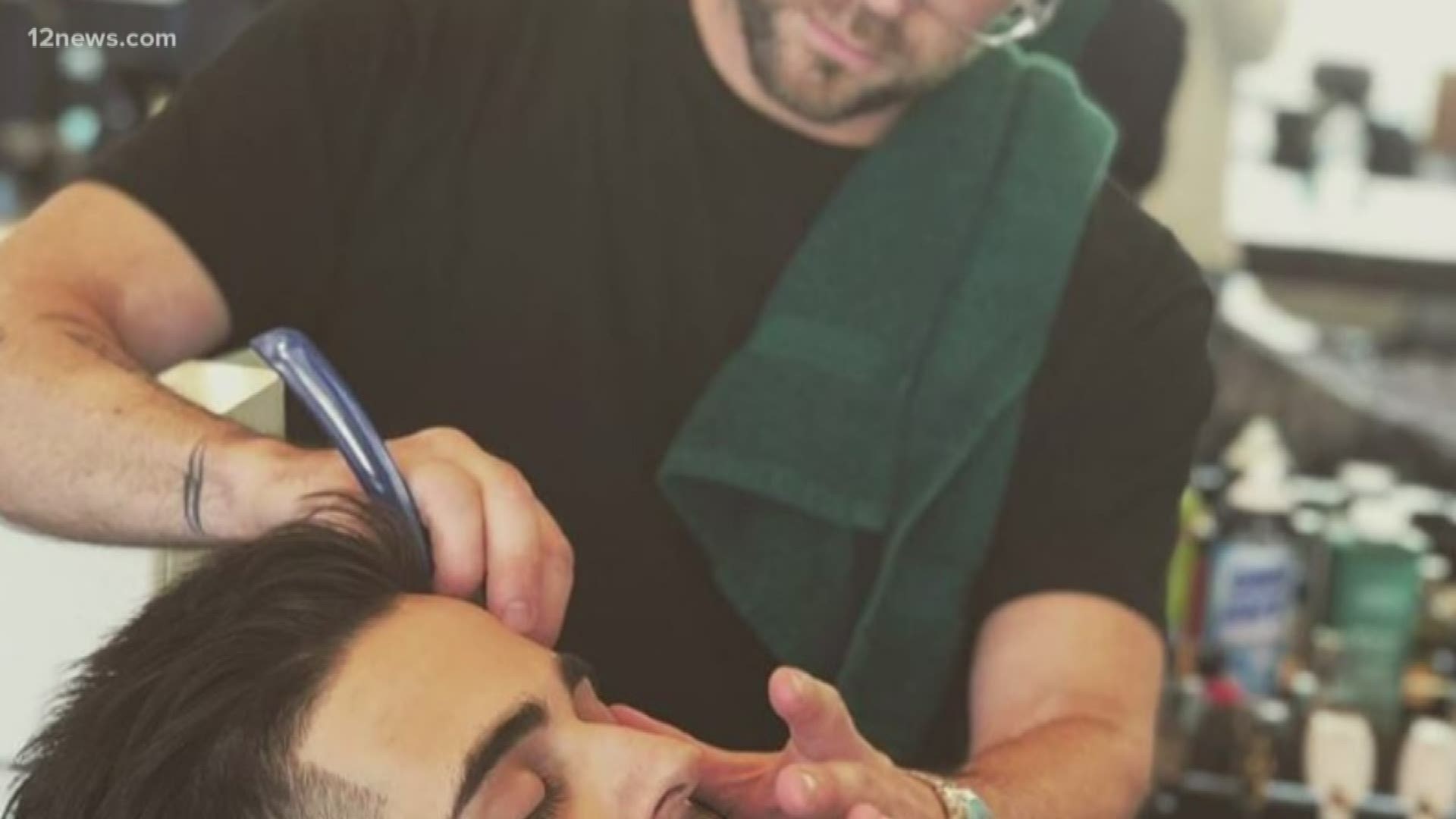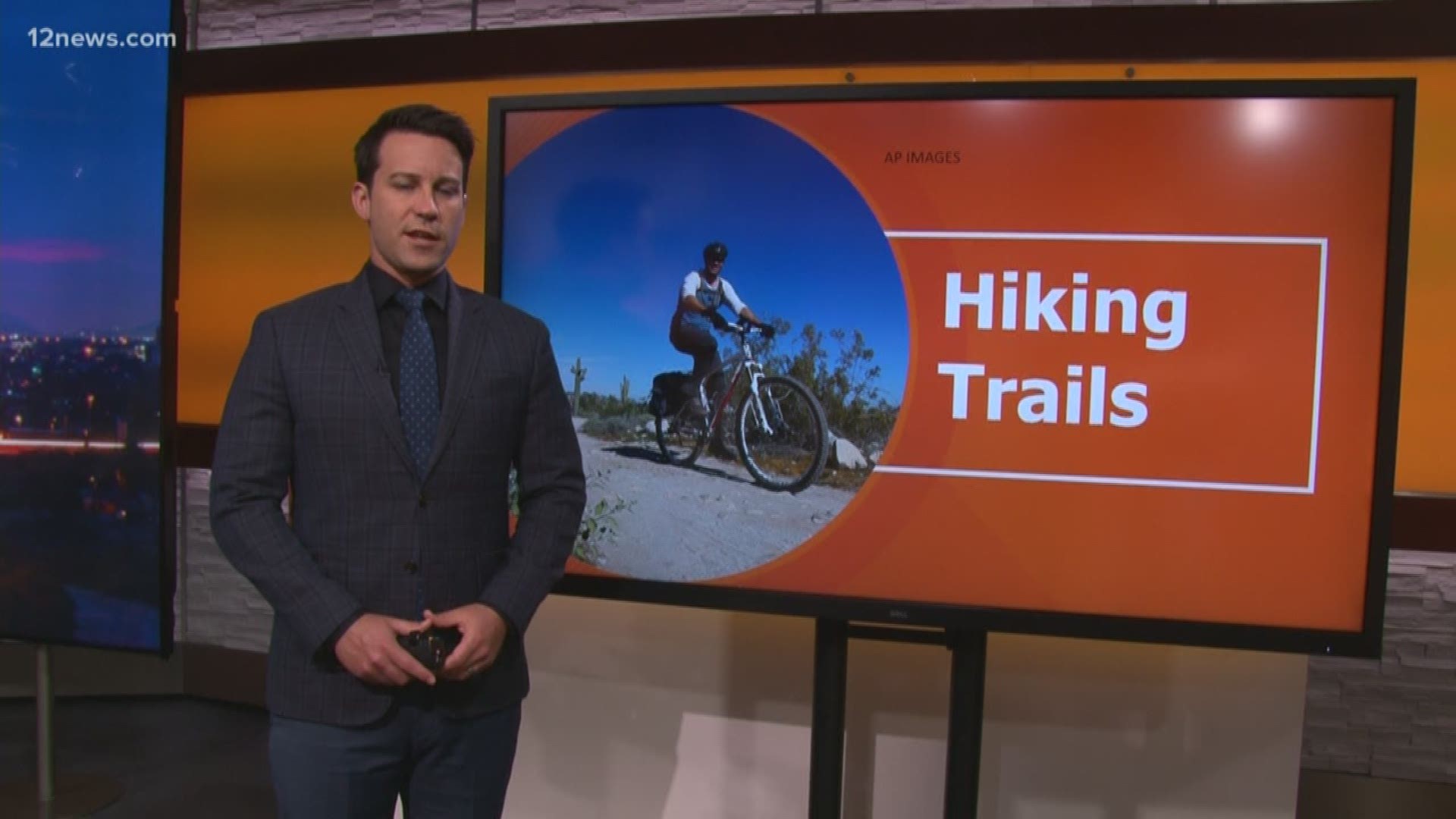PHOENIX — Gov. Doug Ducey is re-defining "essential businesses" to close more places during the COVID-19 pandemic.
Under the original executive order early last week, "personal hygiene services" like barbershops and beauty salons were considered essential and allowed to stay open.
A statement from the governor's office said Ducey reconsidered this list after further guidance from the Centers for Disease Control and Prevention on Friday.
The following places have been ordered to close starting 5 p.m. on Saturday, April 4:
- Barbers
- Cosmetology, Hairstyling, Nail Salons and Aesthetic Salons
- Tanning salons
- Tattoo parlors
- Spas
- Massage parlors
- Amenities at public parks that do not allow for recommended physical distancing or proper hygiene such as basketball courts, splash pads, playgrounds and public restrooms but public parks shall remain open to the greatest extent possible.
- Communal pools such as those at hotels, condominiums, apartment complexes and parks, however, these should still be maintained under environmental and public health rules and guidelines.
- Swap meets
Not all personal hygiene services will be closed, however. In-home bathing and cleaning services for older adults and people with disabilities are still allowed.
Daycare centers are still considered essential, as are respite and palliative care services.
Hotels' and motels' lodging and dine-out restaurant services are also allowed to continue.
The change comes after backlash from several mayors and regular residents throughout the state questioning why places like hair and nail salons and golf courses were considered essential during the COVID-19 pandemic.
Ducey avoided the question when it was asked multiple times during a virtual town hall with other state leaders on Thursday night.
Many salons and stylists felt like because they were considered essential, they had to choose between staying open to pay their bills or closing their doors.
Laurent Teichman, owner of Le Studio Salon in Downtown Mesa said he decided to close this business because of the anxiety it was causing the stylists he has working as independent contractors in his salon.
“They felt like they had to work and I just decided I cannot put you at risk, I cannot put our clients at risk,” Teichman said.
Teichman said he’s absorbing the rent for his stylists during this time to take a bill they have to pay off the table.
Golf courses remain on the essential businesses list as long as they restrict food and drink service to dine-out only.


